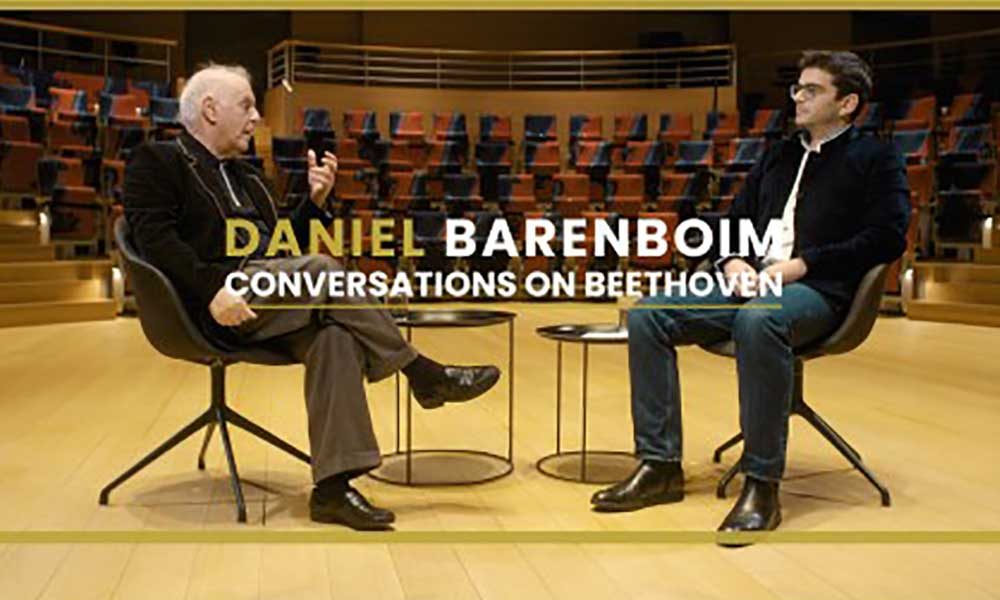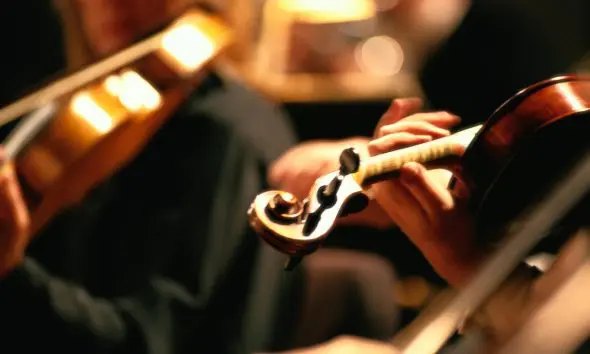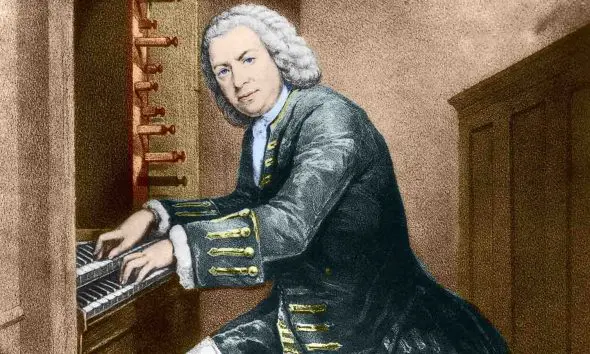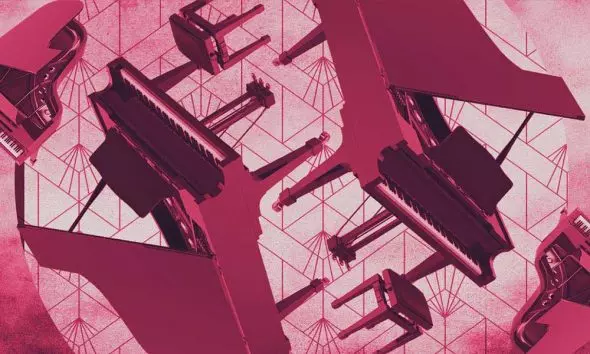Watch Daniel Barenboim’s ‘Conversations On Beethoven’
Daniel Barenboim discusses Beethoven’s piano sonatas with Italian conductor and pianist Giuseppe Mentuccia in ‘Conversations On Beethoven’.

Watch Daniel Barenboim discussing Beethoven’s piano sonatas with Italian conductor and pianist Giuseppe Mentuccia in his four-part series Conversations On Beethoven available on YouTube.
There is no other musician today who exemplifies and embodies Beethoven’s humanistic philosophy as much as Daniel Barenboim. He lays the foundations for that philosophy and shows us what a sense of humanity means. And there is no other musician who uses the instruments of his art as passionately and as intelligently in pursuit of the social changes that are so vitally necessary.
In the first episode of Conversations On Beethoven Daniel Barenboim and Giuseppe Mentuccia give an introduction to the personal diary of the composer: the piano sonatas. Beethoven’s piano sonatas form one of the most important collection of works in the history of music and represent the most far-reaching overview of the development of his musical style.
“I think Beethoven imagined the future”
Daniel Barenboim observes, “I think Beethoven imagined the future. I think Beethoven had in his ears a piano that didn’t exist at his time, the possibilities of holding the sound for instance, and many other aspects that didn’t exist …” He also discusses Beethoven’s development of harmonic language, his use of unconventional chords that create dissonance and ambiguity, giving every chord that has a tension several possibilities to resolve itself.
“The ‘grand sonatas’ are symphonic in nature”
In the second episode of Conversations On Beethoven Daniel Barenboim and Giuseppe Mentuccia focus on Beethoven’s so-called ‘grand sonatas’ and give an insight into how Beethoven treated the piano as an orchestra. Daniel Barenboim notes, “The ‘grand sonatas’ are symphonic in nature … Beethoven treated the piano as if it was an orchestra. You cannot play Beethoven as a simple piano piece. You need to basically orchestrate it.”
Beethoven’s late sonatas
In the third episode Daniel Barenboim and Giuseppe Mentuccia bring their expedition through Beethoven’s middle period to an end and dedicate themselves to the late sonatas, in particular the Hammerklavier as well as the composer’s use of the extremes. “The first thing that is obvious is that much of the time, not always, but much of the time, he only uses the extremes of the piano – the top of the treble and the lower bass,” observes Daniel Barenboim.
“Everything is there”
In the final episode of the series Daniel Barenboim and Giuseppe Mentuccia discuss how to interpret Beethoven’s music and come to the conclusion that Beethoven does not need a translator. “Everything is there,” notes Daniel Barenboim. He concludes, “The philosophical thoughts that are possible, no, necessary, in the study of the Beethoven sonatas really enriches one not only pianistically or musically but as a human being. I firmly believe that.”
Watch all episodes of Daniel Barenboim’s Conversations On Beethoven on YouTube.
Do you want to be the first to hear the latest news from the classical world? Follow uDiscover Classical on Facebook and Twitter.




